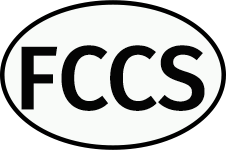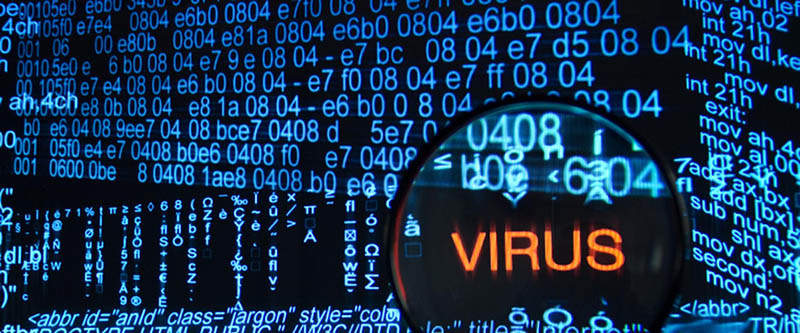Published in the August 2017 St Augustine Beaches News Journal.
Many home users and businesses have the feeling that they don’t need to worry about Cyber-Security. They don’t do things on their computer that are questionable, and they have anti-virus running on their computers. So, they feel that there is not much to worry about.
Simply trusting Anti-Virus apps to keep our computers safe is at best “wishful thinking”. Especially if it is a free version. There are so many ways that the bad guys trick us into by-passing these defenses and “giving” them access.
What is a Phishing email? It is an email designed by the bad guys to make you think it’s from someone you trust. They often create a good-looking replica of an official email from a bank, investment firm, or company like PayPal. Sometimes these are not well crafted and include poor grammar. But recently this fake email has taken on very clever and convincing form.
So, what can a person do to avoid being tricked? Here are a few recommended ways:
If you get an official looking email from your bank, do not click any links in the email. Instead, open up your browser and go to the bank’s website by typing in the web address or using a bookmark you have created previously. Then confirm that it has the Security LOCK Icon. It will be green, and look like the lock below in the address bar.
![]()
If it sounds too good to be true, it probably is. You’re previously unknown uncle in some far off land HAS NOT left you $12 million dollars – Trust me, he hasn’t.
Make sure that you update your software, including your anti-virus software. Most of the exploits are based on un-patched software and operating systems.
Have a trusted advisor that you can call when you have questions about how your computer is acting. If it begins to do things that don’t seem right, get someone qualified to check it out.
Contact Steven if you need a trusted advisor to come to your business or home and help with your computer security.
[email protected] or (904) 479-5661

